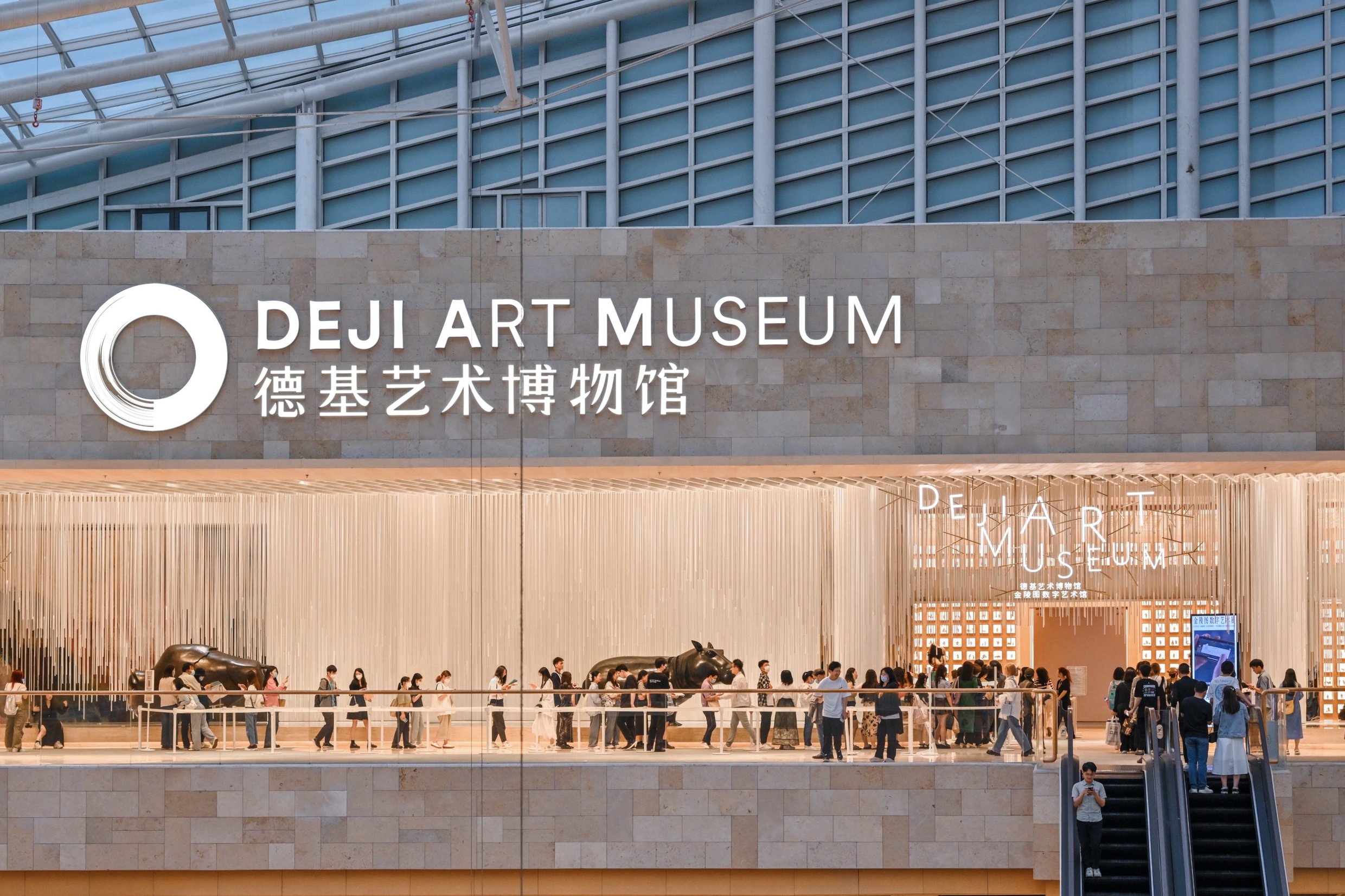Deji Art Museum

The Deji Art Museum presents the exhibition "Nothing Still About Still Lifes: Three Centuries of Floral Compositions," curated by the internationally renowned curator Dr. Joachim Pissarro. This exhibition focuses on the museum's nearly decade-long collection of contemporary art centered around the theme of "World of Flowers." It features over one hundred works with floral compositions by nearly one hundred Chinese and Western masters starting with Impressionism. The exhibition employs a pioneering curatorial approach of "ecocriticism," challenging the conventional "anthropocentric" perspective. For the first time, it reevaluates the definition of "floral still lifes," asserting that "still life" is far from depicting static objects. Instead, it intertwines the "stillness" of the genre with the dynamic processes of growth, reproduction, hybridization, and circulation of flowers. This innovative perspective leads the audience into a new dimension of appreciation and understanding, uncovering more cross-cultural and interdisciplinary possibilities. The exhibition offers fresh insights and experiences in the study and development of "floral still lifes," curatorial perspectives and methods, and related topics and trends.
Explain in one sentence why you think the project you nominate is outstanding and could serve as an example for the entire community of modern and contemporary art museums.
The exhibition offers an unprecedented and diverse perspective on the interpretation of floral still lifes, incorporating research from fields such as botany, trade, and economics. Spanning nearly three centuries of poetic artistic imagery, the exhibition traverses cultures from East to West, including Europe, the Americas, China, Japan, India, and Vietnam. It reveals the multidimensional exchanges in plants, economics, and culture between East and West, showing how Chinese plants have influenced and transformed the themes of European floral still life paintings.
Explain why this practice or program is relevant and sustainable in creating meaningful and lasting connections with people, communities, and the museum context with a medium to long-term vision.
The Deji Art Museum is committed to building "sustainable exhibitions" by gradually expanding its collection and continuously conducting specialized research based on exhibitions with the collaboration of interdisciplinary experts in art history, botany, natural history, economics, and more. The museum tailors its approach to different audience segments, using formats like exhibitions within exhibitions to present research findings, ensuring that everyone can deeply engage with the art experience and receive customized art education. The museum also invites elementary school students to serve as volunteer exhibition guides, allowing them to share the charm of art from a child's perspective. Additionally, the museum collaborates with institutions like the China Academy of Art and the Guangzhou Academy of Fine Arts to organize publications, forums, and public education activities, fostering a close integration between the museum and the community, and fully realizing the museum's educational role.